Xbox execs explain why they’re keeping their hands off recently acquired game studios after acquiring Mojang
4 min. read
Published on
Read our disclosure page to find out how can you help Windows Report sustain the editorial team. Read more
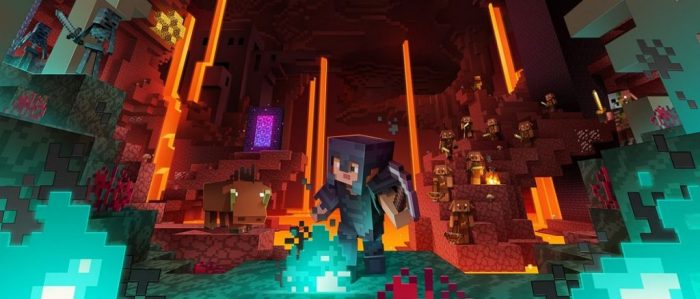
Microsoft is a company that doesn’t have a great track record regarding acquisitions. In the past decade, the purchase of Nokia’s mobile division ended up as a disaster, while Skype lost a huge amount of mindshare in favor of WhatsApp, Facebook Messenger, as well as Microsoft Teams in recent years.
When it comes to video games, many studios have also disappeared after Microsoft acquired them, while many others have been unable to produce hit games for PC or Xbox consoles. Fable developer Lionhead Studios is a pretty good example of that, with Microsoft deciding to close the company after the development of Fable Legends had gone offtrack. The few Lionhead employees that have since spoken up complained about Microsoft interfering with the creative process, as well as Microsoft insisting on making the PC version exclusive to the Microsoft Store.
Fortunately, Microsoft appears to be done trying to dictate its game studios what they need to do. Speaking with Gameindustry.biz, several Xbox execs including Head of Xbox Game Studios and Mojang boss Helen Chiang explained that everything changed after Microsoft acquired the Minecraft developer back in 2014. Purchasing Mojang was a big bet for Microsoft, but the Redmond giant decided early on to keep the popular sandbox game on all platforms and not try to change the culture at Mojang.
“How Matt integrated Mojang really helped set the stage for how Xbox acquired and integrated all of the additional studios,” explained the Mojang studio head. “Before, Microsoft acquired companies in a specific way. And this not only set the foundation for additional game studios, but when you look at LinkedIn and GitHub, they also have this minimally integrated approach. That really was something that Mojang set the foundation for.”

Microsoft announced several new studios acquisitions two years ago, including some companies that have yet to release hit games. A good example is Compulsion Games, the Canadian studio behind We Happy Few, a survival horror game that launched in pretty rough shape back in 2018. We don’t know yet what Compulsion Games is currently working on, but Xbox Game Studios head Matt Booty explained that Microsoft is giving the studio a lot of freedom to experiment.
Booty explains: “It’s kind-of a phased thing. Take Compulsion. They’re working on their next game and have spent the last year on early ideation. I try to keep us as far away from that as possible. And then, as it starts to get exposure within the organisation, feedback will come in and things will start to steer. But it’s important to leave them alone for as long as possible, until they’ve got something that can walk on its own. And then there’s no shortage of feedback within Xbox.”
The article also includes several enthusiastic comments from executives of studios recently acquired by Microsoft. In addition to the guaranteed creative freedom and financial security, Double Fine boss Tim Schafer emphasized how Xbox Game Pass should allow all of Microsoft’s game studios to offer different experiences for different types of gamers.
“With Game Pass, it wouldn’t make sense to acquire Double Fine and then assign us a bunch of Forza DLC. That’s not what you’d want from a studio like Double Fine. And Game Pass seems like a great opportunity to have a diversity of games, a plethora of unusual content… I can see how the type of games that Double Fine makes could fit into that,” explained Schafer.
With Microsoft holding its Xbox Games Showcase on July 23, we’re should finally get more information about what Microsoft’s new studios are currently working on. The much-anticipated event could also be a good opportunity for Microsoft to surprise everyone with some new studios acquisitions.
“We have really strong support from Satya Nadella, the CEO of Microsoft, and Amy Hood, the CFO. And there’s been no signal at all that we should be slowing down, but just to go at a pace that is maintainable for us as a leadership team. We’re always out there talking to people. But it has to be the right opportunity,” Xbox head Phil Spencer said.
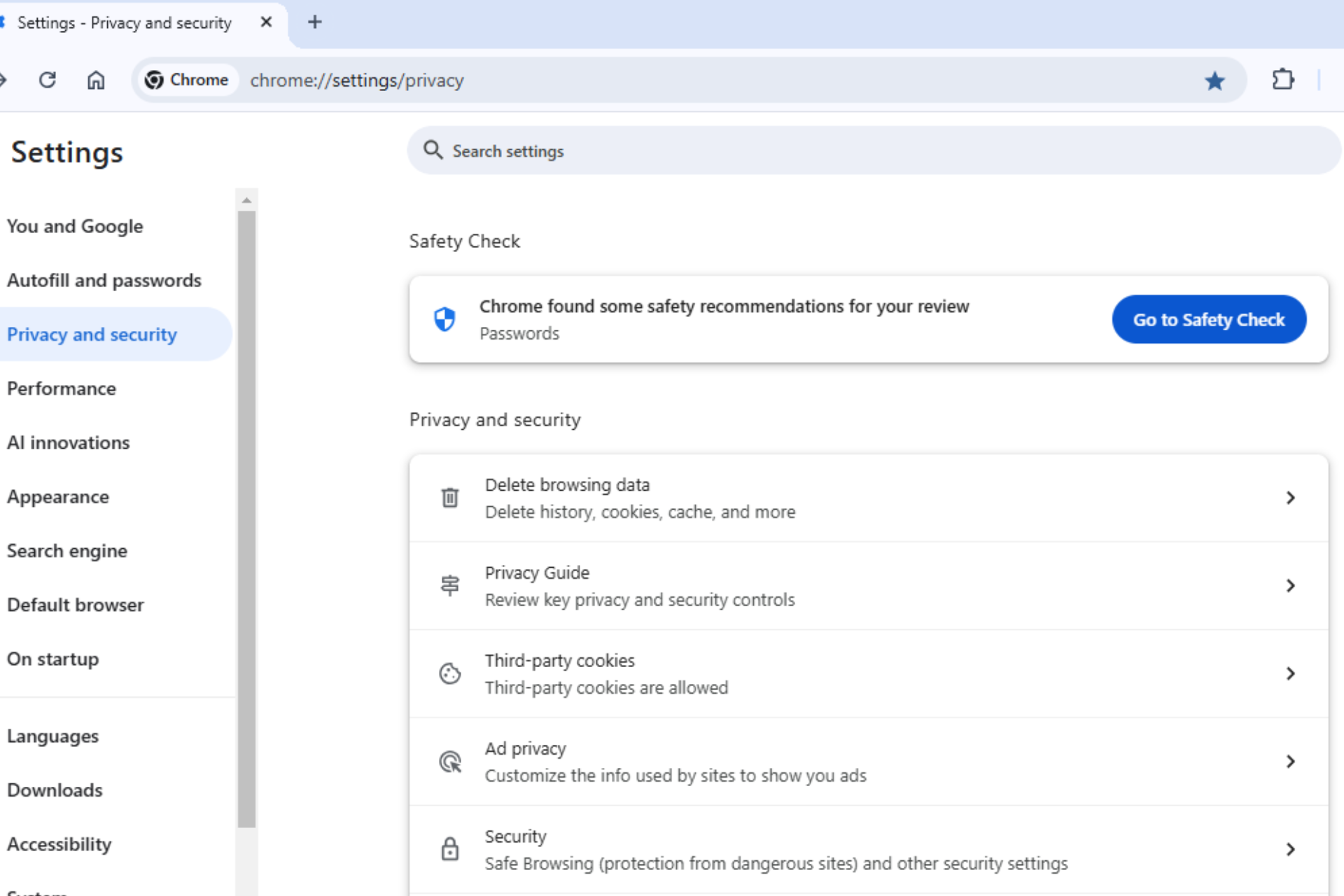
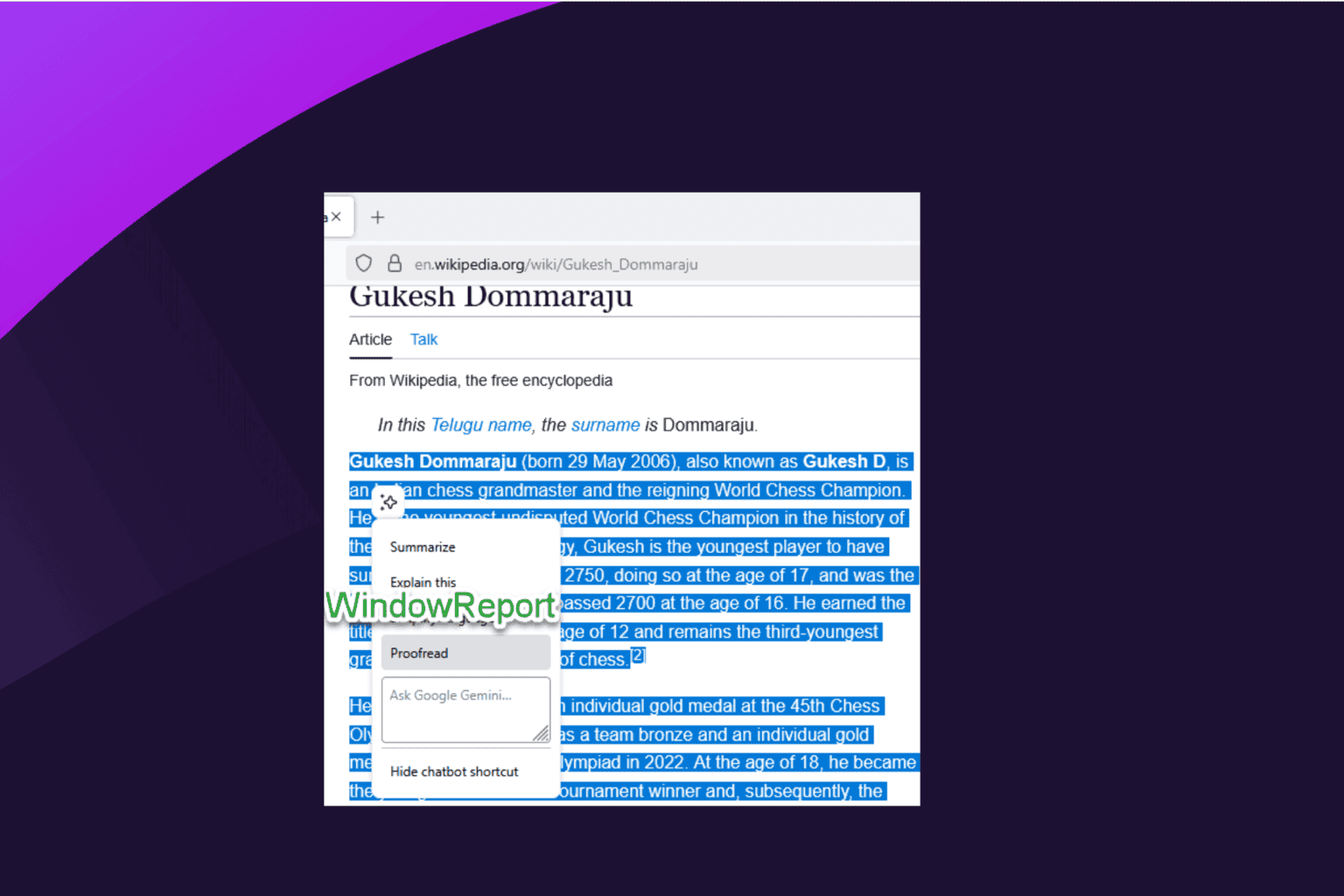
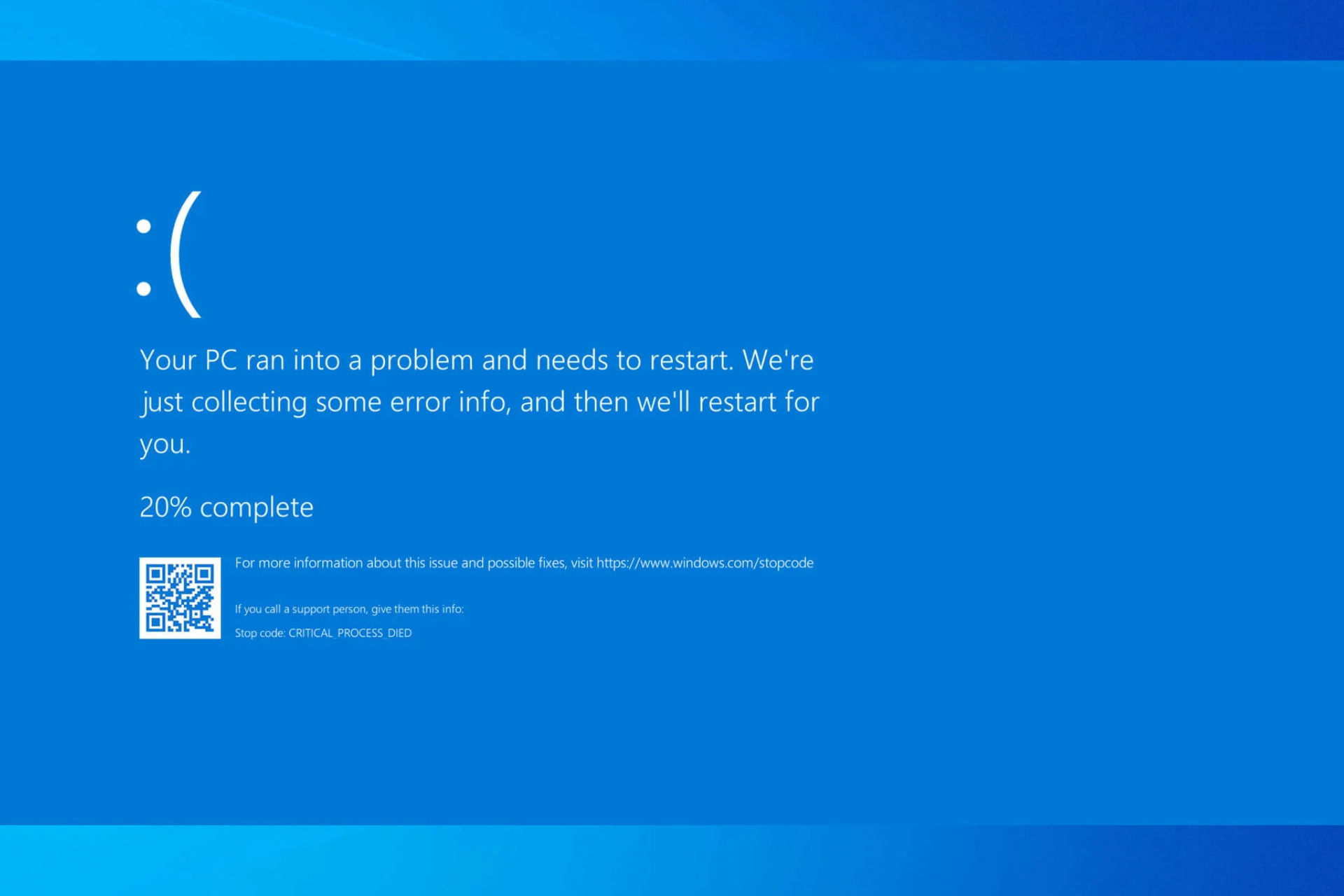
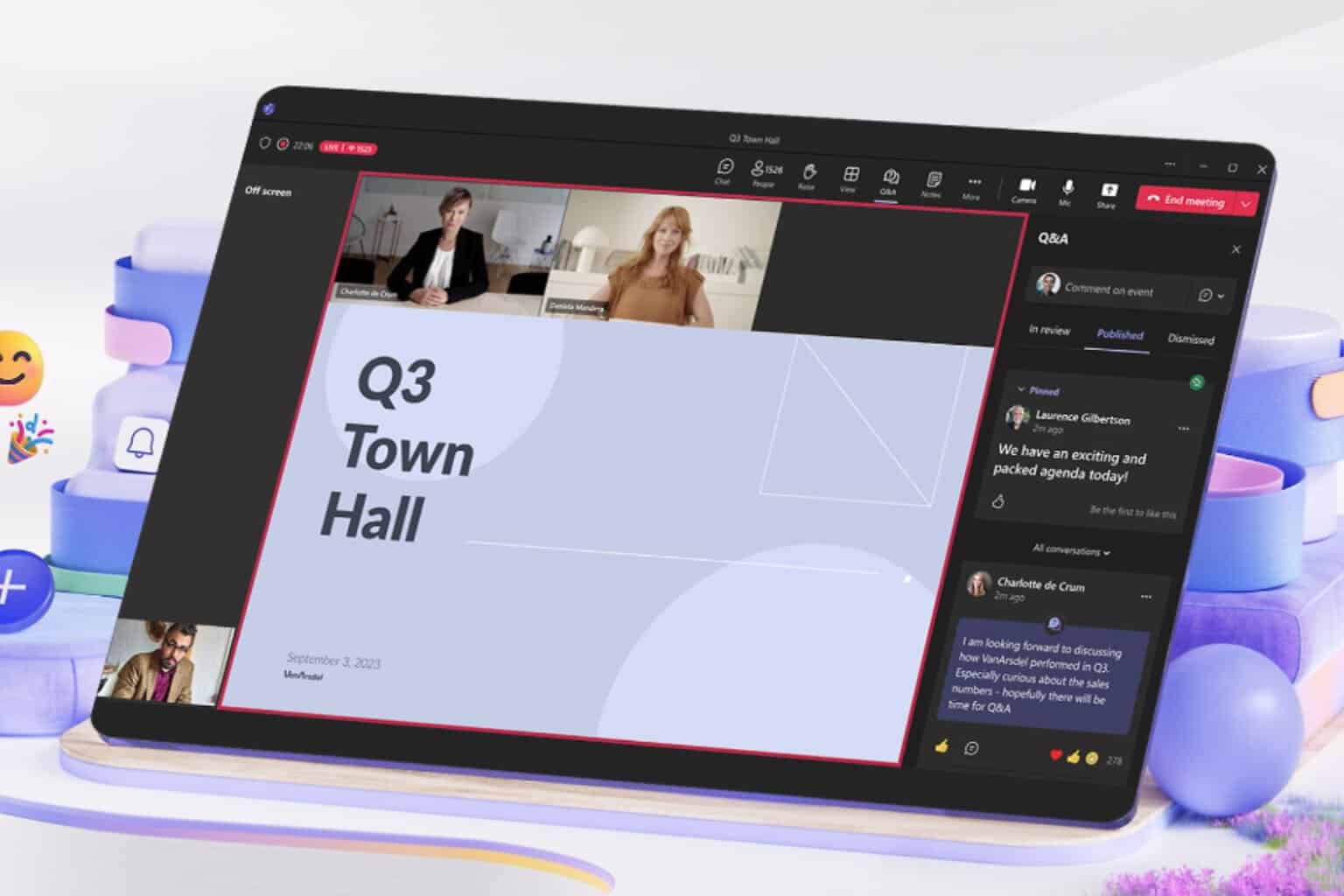




User forum
0 messages